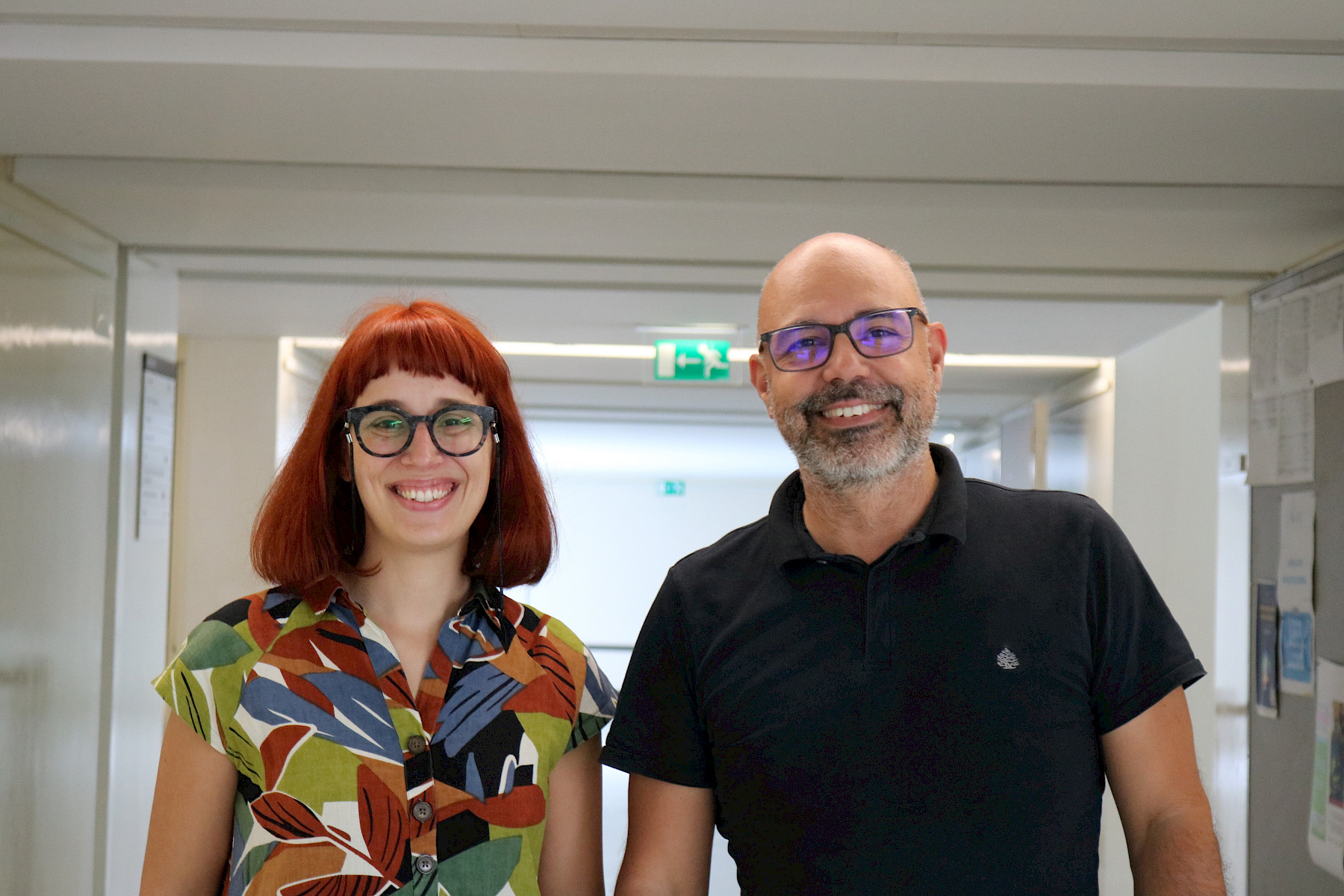Study shows that Portuguese citizens tend to prefer natural approaches in coastal risk management
The purpose of the study was to determine the preference of the Portuguese for different coastal risk management strategies.
English version: Diana Taborda
"Which beaches do you want for your future?" was the starting point for a survey conducted by the University of Coimbra (UC), aimed at determining the preference of the Portuguese regarding the different strategies for coastal risk management. The study concluded that most participants consider that nature-based solutions can be more effective in coastal risk management than the most used solutions so far, such as spurs implementation or beach nourishment.
This study is the result of a collaboration between the Centre for Social Studies (CES) of the University of Coimbra (UC) and the Department of Earth Sciences (DCT) of the Faculty of Sciences and Technology (FCTUC), and it shows that the Portuguese want to play an active role in coastal management, despite some lack of information and knowledge on this topic.
Neide Areia, researcher at CES, states that "Most participants mentioned that they were not aware of the National Strategy for Integrated Coastal Zone Management. Furthermore, about 93% of the participants considered that there is a significant lack of public information on coastal risks and/or coastal management".
Despite this lack of information, "it was interesting to see that there was an important prevalence of the sample willing to actively participate in coastal risk management processes. Therefore, the perception of the Portuguese people is that participatory processes of decision-making and coastal management would be quite valuable in designing coastal adaptation strategies to tackle and adapt to existing coastal risks", says the researcher, adding that it is important for stakeholders to realise this, and include the community in the decision-making process.
The study also concluded that the majority of the over 3,000 participants prefer the adoption of nature-based strategies, namely the implementation of submerged artificial reefs or dune vegetation, in detriment of heavy coastal engineering structures, such as groins, for example. "This preference for multifunctional structures is seen not only as a means for mitigating coastal erosion, but also for protecting natural coastal heritage and marine life," stresses Neide Areia.
Pedro Costa, DCT professor, believes that this research shows "that people are willing to make some sacrifices to have better balanced, long-term solutions. As such, it can somehow enhance decisions that coastal managers have to take, as well as the application of good practices supported by the European Union and that are starting to be implemented by the Portuguese Environment Agency (APA)".
Due to the importance of this theme and in order to tackle illiteracy and promote knowledge exchange, researchers plan, in the future, to extend this work to the general public, through workshops, digital forums and the creation of platforms to collect information from those in the field. "coastal adaptation measures are clearly wanted by everyone, from the youngest to the oldest generation," he concludes.
The scientific article “Public perception and preferences for coastal risk management: Evidence from a convergent parallel mixed-methods study”, co-authored by Neide Areia, Pedro Costa and Alexandre Tavares, is available here.
--------------

